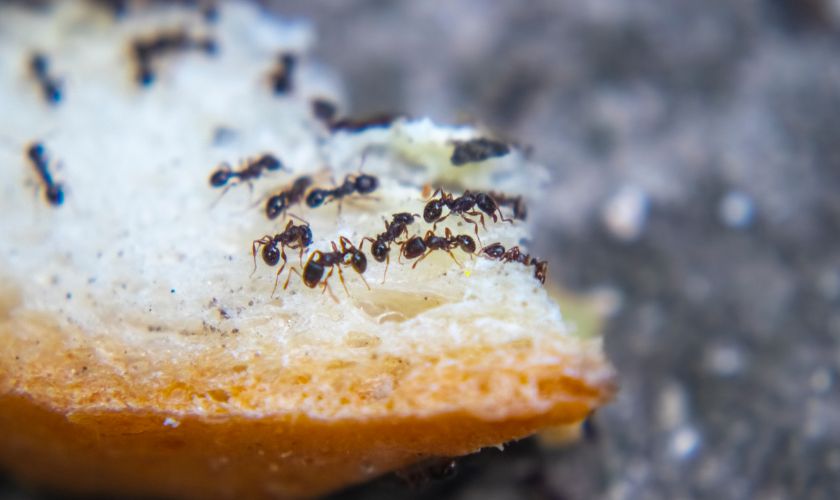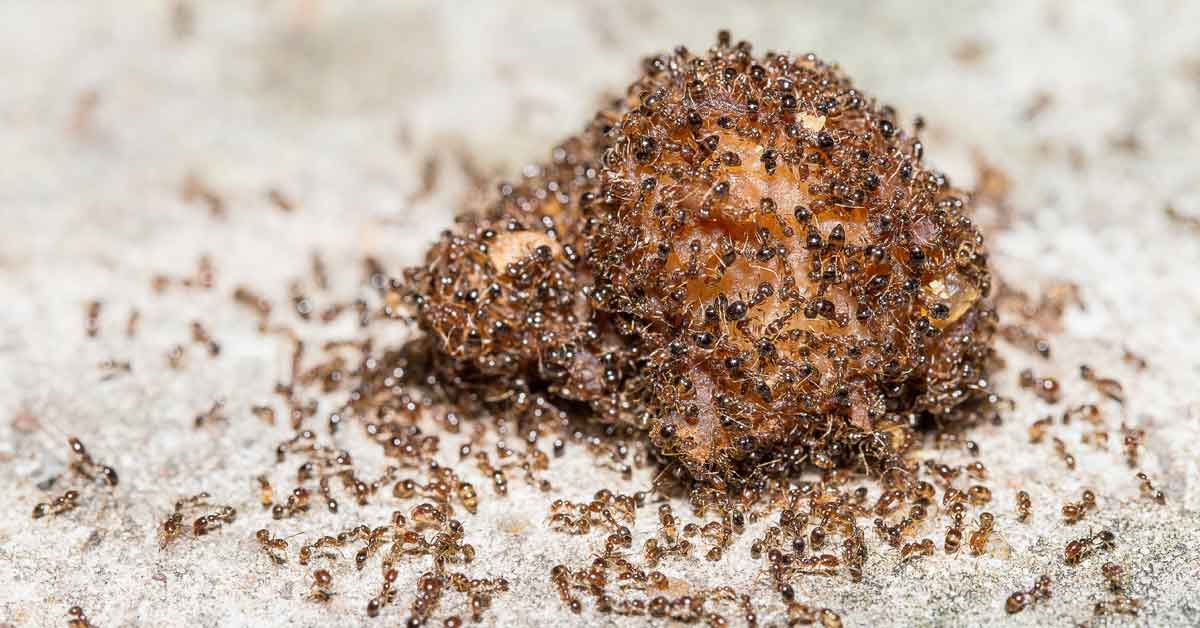Why Select Our Termite Control Services: Expert Solutions for Effective Security
Why Select Our Termite Control Services: Expert Solutions for Effective Security
Blog Article
Ecological Effect of Insect Control: Harmonizing Performance With Sustainability
The ecological influence of insect control is a crucial problem that calls for a delicate equilibrium between achieving effectiveness in making certain and managing pests sustainability of our environments. From the usage of dangerous chemicals that leak into our soil and water to the unexpected effects on non-target types, the consequences of standard pest control methods are far-reaching.
Dangerous Chemicals in Insect Control
The utilization of harmful chemicals in insect control presents considerable ecological and health and wellness dangers that warrant mindful consideration and mitigation approaches. Herbicides, pesticides, and insecticides are typically used to get rid of bugs, however their widespread application can result in unintended effects. These chemicals can pollute dirt, water sources, and the air, affecting not just the targeted pests yet also helpful pests, wild animals, and people.

To attend to these threats, incorporated parasite management (IPM) strategies are being advertised as a much more lasting choice. IPM involves a combination of techniques such as organic control, environment control, and the targeted use pesticides as a last hope (ant control forest nc). By taking on a holistic technique to pest control, we can lessen the environmental and health and wellness impacts linked with harmful chemicals while successfully managing pest populations
Effect On Non-Target Types
Considering the unintentional effects of insect control methods, the influence on non-target species is a crucial facet that requires extensive evaluation. While insect control measures aim to target particular insects, various other microorganisms in the environment might be unintentionally impacted. Non-target varieties, consisting of beneficial bugs, birds, creatures, and even plants, can experience indirect or straight harm from chemical applications or organic control techniques.
Pesticides can have lethal or sub-lethal effects on non-target types. For example, insecticides made to battle a certain bug bug might damage pollinators like or all-natural killers such as ladybugs. Furthermore, chemical residues can gather in the setting, impacting non-target microorganisms with time. Likewise, biological control representatives, otherwise species-specific, can pose dangers to unexpected targets, interrupting the environmental balance.
To alleviate the influence on non-target species, integrated insect management (IPM) approaches that emphasize an all natural strategy to pest control are advised. These methods prioritize using environmentally pleasant techniques, lessening injury to useful organisms while efficiently handling pest populaces. Conducting comprehensive danger evaluations and keeping track of the results of parasite control efforts are essential steps in securing non-target varieties and advertising general ecosystem health and wellness.
Dirt and Water Contamination
Unexpected ecological effects of parasite control techniques expand beyond influencing non-target types, with substantial implications for soil and water contamination - ant control services. Pesticides, herbicides, and chemical fertilizers used in parasite control can seep right into the dirt and pollute groundwater, presenting a danger to both aquatic and earthbound environments.
Water contamination is an additional important issue linked with pest control methods. To reduce soil and water contamination from pest control tasks, integrated bug monitoring methods that focus on sustainability and decrease chemical inputs are critical.
Air Contamination From Pesticide Usage
Direct exposure to air-borne chemicals throughout agricultural applications positions a substantial problem for air pollution control measures. They can volatilize right into the air and type volatile organic substances (VOCs) and other air-borne pollutants when pesticides are sprayed onto plants - termite control. These chemicals can add to the development of ground-level ozone, a significant element of smog that can have detrimental impacts on human health, crop productivity, and total air high quality. In addition, pesticide drift, where chemicals are lugged by the wind to unintended areas, can lead to the contamination of close-by communities and water bodies.

Approaches for Sustainable Bug Control
In the world of farming techniques, executing lasting insect control methods is vital for maintaining environmental balance and protecting crop yields. Sustainable parasite control stresses making use of eco-friendly methods to handle pest populations efficiently while minimizing injury to non-target organisms and ecological communities. Integrated Insect Administration (IPM) is an extensively embraced technique that incorporates organic, cultural, physical, and chemical control methods to attain long-lasting pest administration solutions.
Crop turning and diversity are additionally reliable techniques to interrupt pest life cycles and develop much less positive problems for pests to grow. Ultimately, by integrating these sustainable parasite control methods, farmers can accomplish a balance in between pest management performance and ecological stewardship.
Conclusion
To conclude, the environmental influence of bug control approaches have to be very carefully taken into consideration to stabilize effectiveness with sustainability. Hazardous chemicals utilized in parasite control can cause soil and water contamination, air contamination, and damage non-target varieties - ant control services. It is essential to execute sustainable bug control approaches to lessen these negative results on the atmosphere and advertise a much healthier ecological community for future generations
By adopting an alternative method to pest control, we can reduce the environmental and health effects associated with unsafe chemicals while successfully managing pest populations.

To alleviate the air pollution created by chemical use, it is essential to take on integrated parasite management techniques that focus on the usage of non-chemical bug control approaches, such as crop turning, natural predators, and resistant crop varieties. Sustainable bug control highlights the usage of ecologically pleasant methods to manage parasite populations efficiently while reducing harm to non-target microorganisms and environments. Integrated Bug Management (IPM) is an extensively taken on technique that combines biological, social, physical, and chemical control techniques to achieve lasting insect monitoring remedies.
Report this page